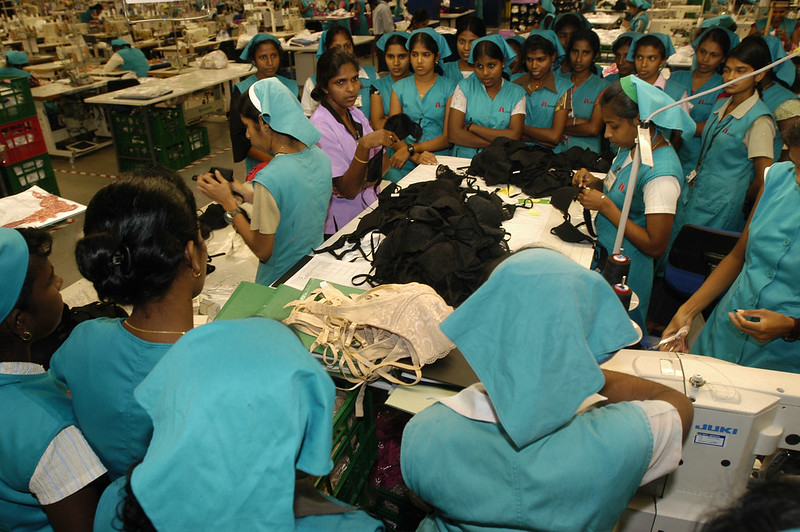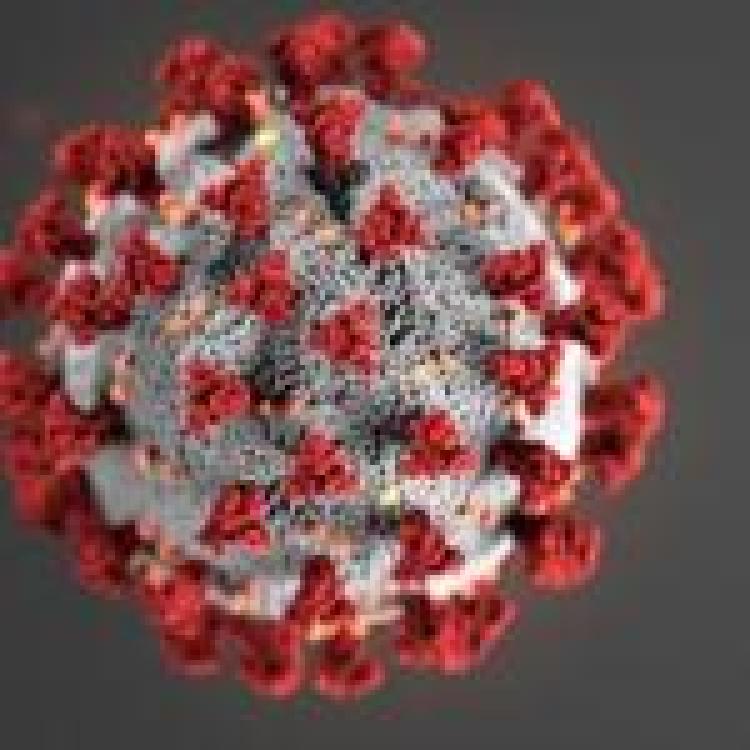
(Photo of Sri Lankan Garment Workers, Credit ILO Asia-Pacific)
Sri Lanka’s army commander, and alleged war criminal, Shavendra Silva, has denied accusations of abusing factory workers, in a Brandix garment factory, who were forced into quarantine centres by the military.
These denials relate to a complaint filed with the Human Rights Commission of Sri Lanka, by representatives of the Free Trade Zone (FTZ) factory workers. The complaint alleges “cruel, inhumane or degrading treatment” of 98 factory workers, the majority of which were women.
The HRCSL has been requested to inquire into the conduct of Shavendra Silva, who leads the country’s COVID response team. The Colombo Gazette notes that all “workers are under real threat of contracting COVID due to the manner in which these illegal and arbitrary rounding up and detention has been carried out”.
Army denial
![]()
Silva has denied these allegations insisting that the garment workers were warned in advance and requested to evacuate.
Responding to further allegations of abuse he claims;
“No tri-serviceman, as alleged by some quarters in Kalutara, would dare to give only ‘one second’ for such preparations, nor would the troops provide them with uncooked ‘raw fish’ as alleged by them, apparently to suit different agendas of interested parties”.
Silva is currently under US sanctions for his involvement in war crimes during the armed conflict. Silva was the head of the notorious 58th division at the end of the armed conflict when the government launched a massive military assault that saw hospitals repeatedly bombed, widespread sexual violence, torture and the execution of surrendering Tamils. The 58th division in particular stands accused of the most egregious crimes.
Mistreatment of garment workers
Sri Lanka’s worst coronavirus outbreak originated from a Brandix garment factory where 1,036 employees and 361 of their close contacts have tested positive. After contracting their onset symptoms, the Business & Human Rights Centre reports that they were instructed to keep working to meet targets.
Trade Unions further allege that workers are being blamed for the outbreak of COVID-19 and are being punished by having quarantine imposed on them. The complaint filed further details that workers’ freedom of movement was restricted and that they faced discrimination based on their economic and social status.
According to Brandix‘s Group Finance Director and Managing Director of the company’s Indian operations, Hasitha Premaratne;
“since the first patient was detected in its Minuwangoda factory, Brandix employees, on all levels, faced a backlash from society and these included one of their buses, which was carrying its employees to another factory, being stoned by unknown groups, Brandix teams not being allowed to enter some villages when they went to offer relief to its employees in their homes, and buses and three-wheelers refusing to take Brandix employees from other locations”.
Premaratne further stated;
“This has really hurt us. What can the girl on the ground do? This is how society is treating them. It brings tears to our eyes. This needs to change. What wrong have they done?”
Read more from the Colombo Gazette here and here.


